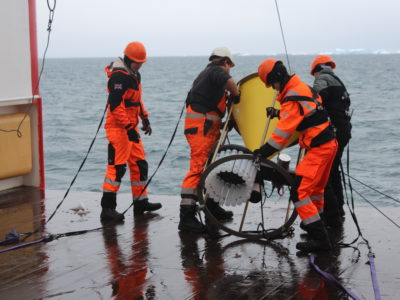Research projects
Filter:
Filtered:
See also Ecosystems team
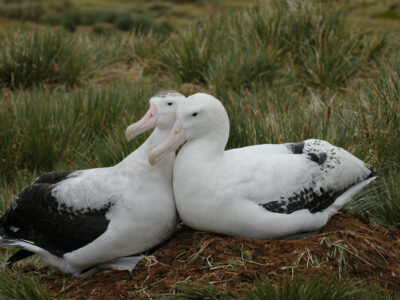
Albatrosses from Space
Great (Diomedea) albatrosses face multiple threats to their long-term survival. Declines in albatross populations have been linked to incidental mortality (bycatch) in fisheries, predatory invasive species (including rats, mice and …
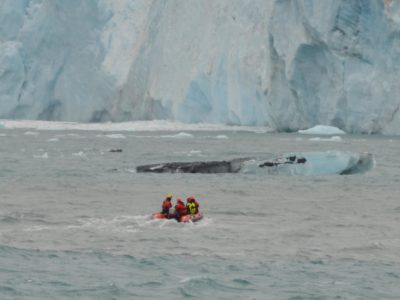
BIOPOLE
Overview Climate change is proceeding faster at the poles than any other region, with sea-ice retreating, glaciers melting and biotic communities being invaded by sub-polar species. These changes are affecting …
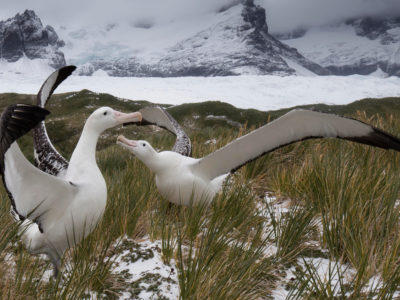
Bycatch risk of wandering albatrosses from radar detection
Wandering albatrosses are threatened by bycatch. Populations at South Georgia have declined catastrophically since the 1960s due to incidental mortality (bycatch) in fisheries (Pardo et al. 2017) [1]. This led …
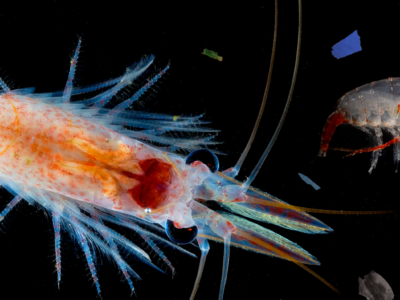
CUPIDO
CUPIDO aims to address: what is the role of zooplankton in promoting the transport of plastic in the ocean?
and how this plastic transport interferes with zooplankton’s ability to store carbon in the deep ocean?
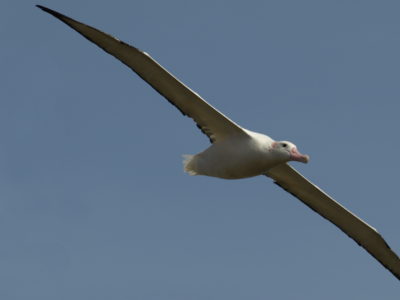
Higher Predators – Long-Term Science
The British Antarctic Survey carries out Long Term Science that measures changes in Antarctic ecosystems and seeks to understand the underlying drivers and processes. Marine predators are sensitive to changes …
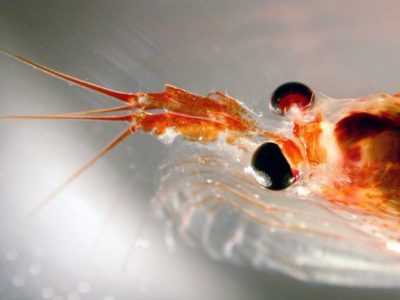
KRILLBASE
KRILLBASE is a data rescue and compilation project which aims to improve the availability of information on two of the Southern Ocean’s most important zooplankton taxa: Antarctic krill (Euphausia superba) …
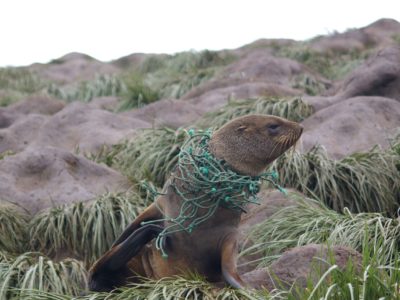
Long term monitoring of plastics
This long-term study monitors the impact of marine plastics and other debris on breeding seabirds at Bird Island. Researchers have monitored the levels of marine plastics and other material from …
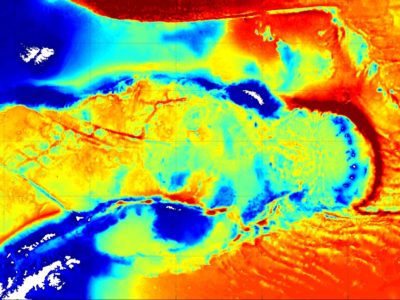
Oceanographic models for the Scotia Sea
Development of regional models to examine the detailed oceanography of island shelves and surrounding regions.
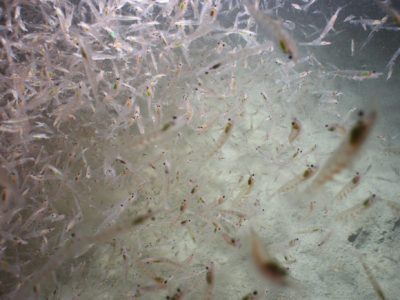
ParaKrill
Krill are essential components of Antarctic ecosystems – they are important prey for fish, seals, penguins, and whales, and they influence carbon and nutrient cycling. This keystone role of krill …
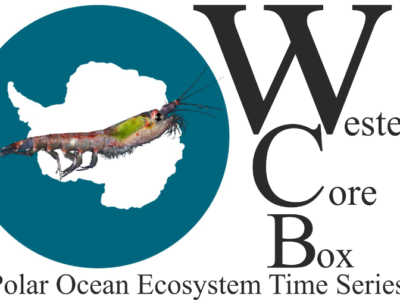
POETS-WCB
The main deliverable of the Western Core Box (WCB) is a consistent unique time series of mesoscale distribution and abundance of macro-zooplankton and micronekton, and an understanding of the physical …
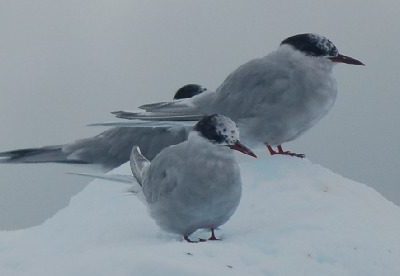
Science-Policy Challenges in Polar Conservation and Management
The British Antarctic Survey and the Cambridge Conservation Initiative (CCI) are convening a series of half day workshops focused on the science-policy interaction within highly topical conservation and management issues. …
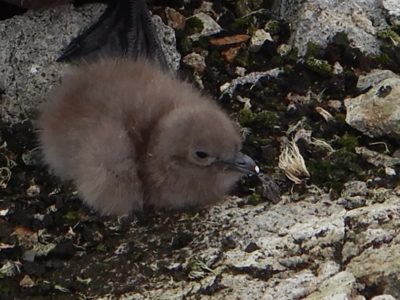
Skua monitoring at Rothera
The small population of south polar skuas (up to 25 pairs) at Rothera Point has been studied since the late 1990s. The initial intention was to monitor possible impacts of …
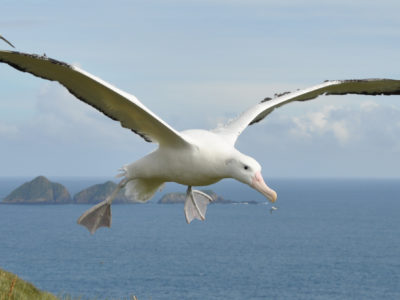
Spatial Segregation of Seabirds at South Georgia
Seabirds are amongst the most globally threatened birds, often as a consequence of incidental mortality (bycatch) in fisheries [1] [2]. At South Georgia, wandering albatrosses have declined since the 1970s [3], and are listed …

Winter Krill at South Georgia
The Winter Krill project is a Darwin Plus project, funded by Defra, and its activities are focussed on South Georgia (SG), which is part of the UK Overseas Territory (OT) …
